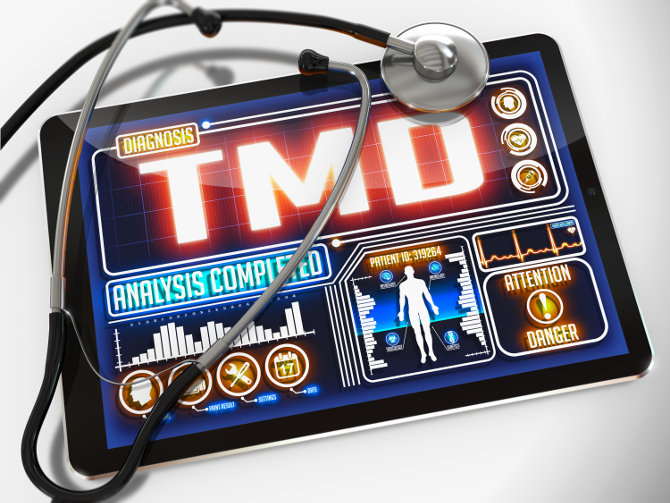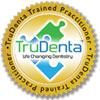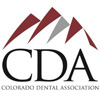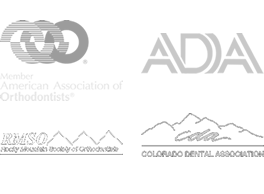Temporomandibular joint (TMJ) disorder isn’t a condition that you should “learn to live with” – not if you really understand what’s going on. This ailment can be detrimental to your well-being. If you have been putting off seeking TMJ disorder (TMD) treatment, or if you are not aware that you can get permanent relief from your pain, this post is for you.
One reason why TMD should not be taken lightly is because it causes a whole lot of other complications. One of them is persistent headaches. The following post describes TMJ-related headaches in more detail:
Are Headaches Related to My Jaw and TMJ?
Your jaw and TMJ (temporomandibular joint) can be a fickle part of the head. When the TMJ becomes inflamed symptoms can occur in the jaw alone — clicking or popping noises, trouble opening and closing the mouth, severe pain and swelling around the jaw joint. These symptoms clearly indicate that your jaw and TMJ should be examined immediately.
Unfortunately there are other symptoms of TMJ that are related to jaw misalignment that can also cause great pain. These include generalized facial pain, ear pain, sinus pressure, and chronic tension or migraine-style headaches. Sadly, sometimes when these symptoms are present, their real cause may be overlooked entirely, preventing proper treatment. Read more at Pasadena Laser Dentistry…
As the post above explains, your chronic headaches or migraines may be directly related to problems with your jaw. Even many healthcare providers are unaware of this connection so it is easy to miss the root cause and only treat the symptom. If you find yourself experiencing splitting headaches or debilitating migraines that your family doctor can’t relieve, it may be time to visit a dentist who specializes in TMJ treatment, such as Dr. Jared Ward at Fort Collins Headache Center.
Another condition that people experience without knowing that it could be related to TMD is tinnitus and chronic earaches. That constant ringing or buzzing sound in your ear can be stopped through proper treatment. The following post explains this in detail:
Previous studies have found a strong association between TMJ disorders and tinnitus (ringing in the ears). Patients with TMJ problems are more likely to experience tinnitus, similar to individuals with a head or neck injury.
There are three main theories why TMJ disorders may result in tinnitus. The first one is based on the fact that the chewing muscles are closely situated to the inner ear muscles. The second theory implies there may be a direct connection between the ligaments attaching to the jaw and one of the hearing bones in the middle ear. Lastly, the nerve supply from the TMJ has connections with brain regions that are involved in hearing and sound processing. Read more at Belmarra Health…
If you have had enough of the ringing in your ear, consider getting checked for TMJ disorder, as the post above describes. Treatment from Dr. Ward could have you well on your way to a quiet, restful night’s sleep.
Yet another condition that can be caused by TMD is sleep apnea. This misunderstood — and often greatly underestimated — complaint is not just about snoring; it can actually be a serious health risk if left untreated. The following post describes how sleep apnea and TMJ disorders are related:
How TMJ Contributes to Sleep Apnea
In TMJ, the jaw is usually shifted backward. This is because of the way that the mouth arch has developed and the way the teeth now fit together, limiting the positions the jaw can be in when fully closed. Ironically, this is often because obstructed breathing in the nasal passages that contributes to mouth breathing during sleep.
When the jaw is shifted backward, it not only puts stress on the muscles, ligaments, and bones of the jaw, it narrows the airway. A narrow airway can automatically lead to snoring, but it can also make the airway more likely to collapse, cutting off air and causing an apnea. Read more at River Edge Dental…
The risks associated with sleep apnea are not worth taking. Using the advanced technology of TruDenta, a cutting-edge diagnosis and treatment system approved by the FDA, Fort Collins Headache Center can correct the problems with your temporomandidular joints that lead to sleep apnea.
If you suffer from any of the TMJ-related conditions discussed in this post, book a consultation exam with Dr. Ward today to see if you are a candidate for TruDenta therapy. If you are, we will create a treatment plan for you that will have you symptom free with just 12 or fewer weekly visits. Call Fort Collins Headache Center today at 970-672-8517 or use the contact form on this page. We look forward to hearing from you.



























